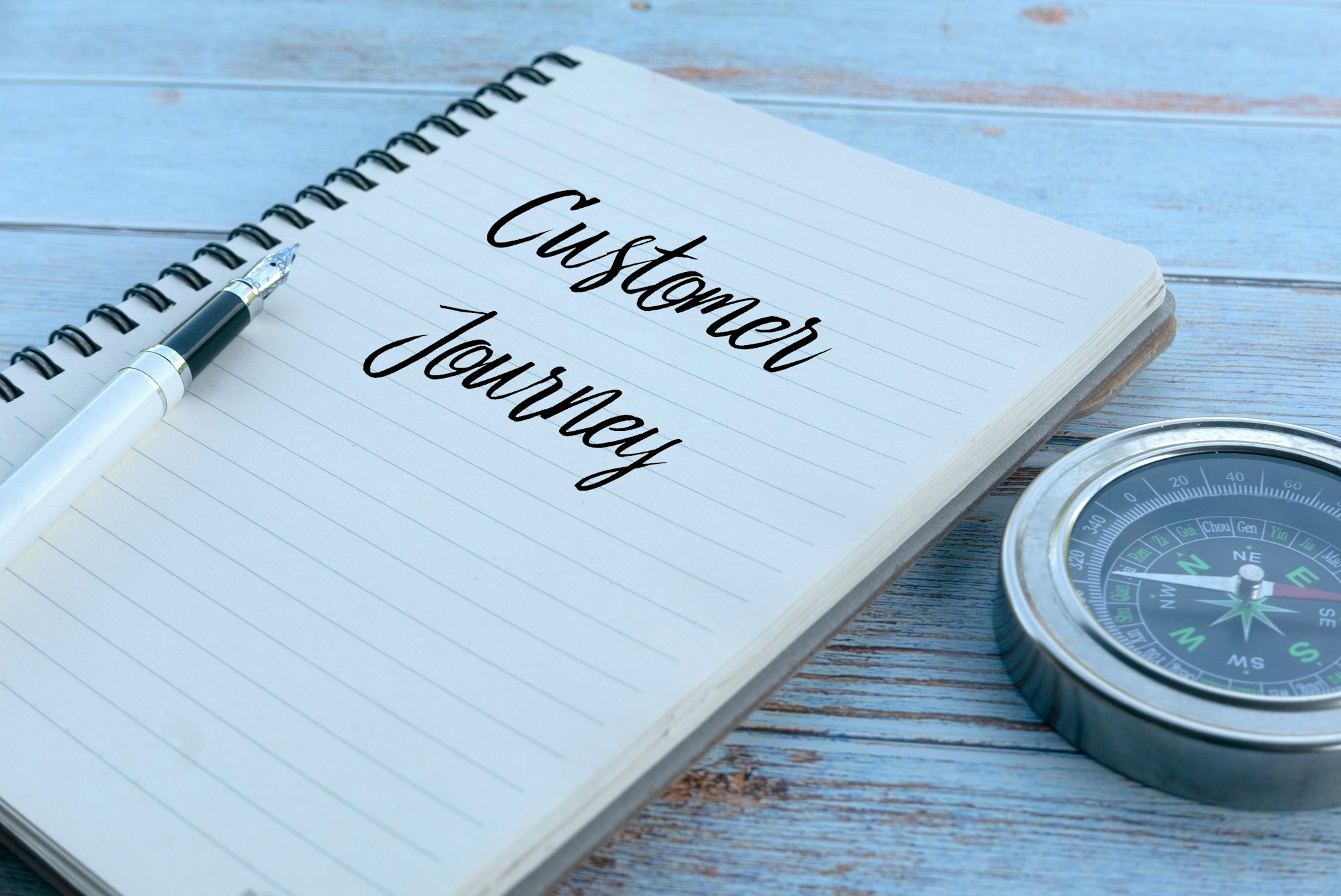Branding | Marketing | Advertising
What is the Service Digital Marketing Provides?
Recent Blog
Want to use an Digital Markating
Lorem ipsum dolor sit amet, consectetur adipiscing elit. Ut elit tellus.

Digital Marketing Services: Your Best Bet For Long-Term Customer Growth
Having a strong online presence is no longer a luxury – it’s a necessity. But for many small businesses, navigating the complex world of digital marketing can feel overwhelming. What exactly is digital marketing? How can it benefit your small business? And where do you even begin?
Fear not, fellow entrepreneurs! This blog post is here to demystify the world of digital marketing and equip you with the knowledge you need to take your small business to the next level.
Digital marketing encompasses a wide range of online strategies and tactics used to attract, engage, and delight your target audience. It’s about creating meaningful connections with potential customers across various digital channels, ultimately driving sales and brand growth.
Think of it like this: your business is a brick-and-mortar store, but the entire world is your potential customer base. Digital marketing allows you to reach these individuals where they already spend their time – online – and build relationships with them through targeted and engaging messages.
Here’s a quick analogy to understand the power of digital marketing:
Imagine you’re hosting a grand opening event for your new bakery. Traditionally, you might hand out flyers in the neighborhood or put up posters in local shops (offline marketing). However, with digital marketing, you can:
- Create a captivating website showcasing your delicious pastries and warm atmosphere (your online storefront).
- Run targeted ads on social media platforms like Facebook and Instagram, reaching people who are interested in desserts in your area (attracting customers).
- Share mouthwatering photos and videos of your creations, along with engaging recipes and baking tips (engaging customers).
- Offer exclusive online discounts and promotions to entice customers to visit your bakery (delighting customers).
As you can see, digital marketing offers a more comprehensive and targeted approach compared to traditional methods. It allows you to connect with a wider audience, personalize your message, and track the effectiveness of your campaigns in real-time.

Benefits of Digital Marketing for Small Businesses:
- Increased brand awareness: Get your business name out there and establish yourself as a trusted brand in your industry.
- Reach a wider audience: Connect with potential customers beyond your local area, expanding your reach globally.
- Cost-effective marketing: Utilize a variety of affordable online strategies to reach your target audience without breaking the bank.
- Measurable results: Track the performance of your campaigns and adjust your strategies for optimal results.
- Targeted marketing: Reach the right people with the right message at the right time, increasing your chances of conversion.


Popular Digital Marketing Services for Small Businesses:
- Search engine optimization (SEO): Optimize your website content to rank higher in search engine results pages (SERPs) like Google, making it easier for potential customers to find your business organically. (Learn more about SEO from Ahrefs: https://ahrefs.com/blog/seo-basics/).
- Social media marketing: Engage with your target audience on various social media platforms like Facebook, Instagram, and Twitter. Share valuable content, run targeted ads, and build relationships with your followers.
- Content marketing: Create and share valuable, informative, and engaging content (e.g., blog posts, articles, videos) to attract and retain your target audience. (HubSpot offers a wealth of resources on content marketing: HubSpot Blog: https://blog.hubspot.com/).
- Pay-per-click (PPC) advertising: Run targeted ads on search engines like Google Ads (formerly AdWords) or social media platforms. Users only pay when someone clicks on their ad, making it a cost-effective way to reach targeted audiences. (Learn more about Google Ads from Google: [invalid URL removed]).
- Email marketing: Build an email list of interested subscribers and send them targeted marketing messages to promote your products, services, and special offers.
Remember, Ronald Reagan once said, "The greatest communicator is the one who listens the best."
This principle applies perfectly to digital marketing. By actively listening to your target audience, understanding their needs and preferences, and creating engaging content that resonates with them, you can build lasting relationships and achieve true marketing success.
Understand the importance of this statement, “Meet Your Customers Where They Are And How They Want To Be Met!”

Getting Started with Digital Marketing:
While the world of digital marketing may seem HUGE, taking small steps and focusing on a few key strategies can yield significant results. Here are some resources to get you started:
- HubSpot Academy: HubSpot Academy: https://academy.hubspot.com/ offers free online courses on various digital marketing topics.
- Google Digital Garage: Google Digital Garage: https://learndigital.withgoogle.com/ provides free online training modules on various digital marketing skills, from the basics of online marketing to specific topics like search engine optimization (SEO) and social media marketing.
- Small Business Administration (SBA): The SBA website (https://www.sba.gov/) offers valuable resources and guidance specifically for small businesses, including information on digital marketing strategies and tools.
- Branding | Marketing | Advertising: (https://bestbma.com) A great place to start is by asking questions of a small business marketing team. The team at BMA has helped hundreds (if not thousands) of companies to succeed at generating customers.
Remember, the key to success in digital marketing is consistent effort and continuous learning. And, even more so, implementation!
Many digital marketing agencies and consultants specialize in helping small businesses develop and implement effective online marketing strategies.
By embracing the power of digital marketing, you can take your small business to new heights, reach a wider audience, and achieve your growth goals. Now, go forth and conquer the digital world!

Seeking Guidance on Your SEO Journey: Expert Resources and Collaboration
The path to SEO mastery is not always a solitary journey. Seek inspiration and guidance from industry experts like Steven Lockhart (https://linkedin.com/in/4stevenlockhart]), a nationally recognized digital marketing expert who can provide valuable insights and strategies to help businesses navigate the ever-changing world of digital marketing. Additionally, consider attending industry conferences, webinars, and workshops to stay up-to-date on the latest trends.
Common Digital Marketing Terms To Know
- SEO: Search Engine Optimization – Optimizing your website content to rank higher in search results for relevant keywords.
- SEM: Search Engine Marketing – Using paid advertising to reach users searching for specific keywords on search engines like Google.
- PPC: Pay-Per-Click – An advertising model where you only pay when someone clicks on your ad.
- CPC: Cost-Per-Click – The average cost you pay each time someone clicks on your ad.
- CTR: Click-Through Rate – The percentage of people who see your ad and click on it.
- ROI: Return On Investment – The measure of how much revenue you generate from a marketing campaign compared to the cost of running it.
- Social media marketing: Using social media platforms like Facebook, Instagram, and Twitter to connect with your target audience, share content, and promote your business.
- Content marketing: Creating and sharing valuable content (e.g., blog posts, articles, videos) to attract and engage your target audience.
- Email marketing: Building an email list and sending targeted email messages to promote your products, services, and special offers.
- Conversion rate: The percentage of visitors to your website who take a desired action, such as making a purchase or signing up for a newsletter.
- Landing page: A web page specifically designed to capture leads or convert visitors into customers.
- Call to action (CTA): A clear and concise instruction telling users what you want them to do, such as “Buy Now” or “Sign Up Today.”
- Lead magnet: A valuable piece of content (e.g., ebook, webinar) offered in exchange for a user’s contact information.
- A/B testing: Testing different versions of your website, ad copy, or email campaigns to see which one performs better.
- Analytics: The process of collecting and analyzing data from your marketing campaigns to measure their effectiveness.
- Website traffic: The number of visitors coming to your website.
- Organic traffic: Visitors who find your website through search engines (e.g., Google).
- Paid traffic: Visitors who come to your website through paid advertising campaigns.
- Social media engagement: Interactions with your brand on social media platforms, such as likes, comments, and shares.
- Influencer marketing: Partnering with social media personalities or industry experts to promote your brand or products.
- Brand awareness: The degree to which potential customers recognize and understand your brand.
- Brand loyalty: The tendency of customers to continue buying from your brand and recommend it to others.
- Target audience: The specific group of people you want to reach with your marketing messages.
- Buyer persona: A detailed representation of your ideal customer, including their demographics, interests, and needs.
- Customer journey: The steps a customer takes from becoming aware of your brand to making a purchase.
- Marketing automation: Using software to automate repetitive marketing tasks, such as sending email campaigns and managing social media posts.
- CRM: Customer Relationship Management – A software system that helps you manage your interactions with customers and potential customers.
- Blog: A website that regularly publishes informative or engaging content.
- Podcast: A series of audio episodes that listeners can download or stream.
- Video marketing: Using video content (e.g., product demos, explainer videos) to promote your brand and products.
- Social listening: Monitoring online conversations about your brand and industry to gain insights and improve your marketing strategy.
- Hashtag: A word or phrase preceded by the # symbol used on social media to categorize content and make it easier for users to find.
- Remarketing: Targeting users who have previously visited your website with ads on other websites they visit.
- Retargeting: Same as remarketing.
- Mobile marketing: Marketing strategies specifically designed to reach users on their mobile devices.
- App marketing: Promoting your mobile app to potential users.
- Content calendar: A plan that outlines the content you will create and publish over a specific period.
- Meta description: A short summary of your webpage content, displayed in search engine results pages (SERPs) below the page title.
- Meta keywords: While not directly used by search engines for ranking anymore, these keywords can still be informative for users and provide a glimpse into the content of your webpage.
- Rich snippets: Enhanced search results that include additional information about your webpage, such as product ratings or reviews.
- Schema markup: Structured data code that you can add to your website to help search engines understand your content better.
- Conversion funnel: The process of guiding potential customers from awareness to purchase through different marketing stages.
- Sales funnel: Same as conversion funnel.
- Lead generation: The process of attracting and capturing potential customer information (e.g., email addresses) for future marketing efforts.
- Nurturing: The process of building relationships with potential customers by providing them with valuable information and content.
- Customer acquisition cost (CAC): The cost of acquiring a new customer.
- Customer lifetime value (CLTV): The total revenue a customer is expected to generate for your business throughout their relationship with you.
- Organic search: The unpaid results displayed on search engine result pages (SERPs).
- Paid search: The sponsored results displayed on search engine result pages (SERPs).
- Display advertising: Banner ads displayed on various websites and apps.
- Native advertising: Ads that are designed to blend in with the surrounding content on a website or app.
- Programmatic advertising: Using automated software to buy and sell ad space online.
- Affiliate marketing: Partnering with other businesses to promote their products or services and earn a commission on each sale generated through your efforts.
- Ecommerce: The process of selling products or services online.
- Website analytics: The tools and techniques used to track and analyze website traffic and user behavior.
- Heatmap: A visual representation of where users click on your website.
- Session: A single visit to your website.
- Bounce rate: The percentage of visitors who leave your website after only viewing one page.
- Engagement metrics: Metrics that show how users interact with your website or content, such as time spent on site, number of pages viewed, and scroll depth.
- Social media management (SMM): The process of planning, creating, and scheduling content for your social media channels.
- Community management: Engaging with your audience on social media platforms, responding to comments and messages, and building relationships.
- Social media crisis management: Responding to negative publicity or customer complaints on social media.
- Brand voice: The personality and tone of your brand’s communication.
- Brand guidelines: A document that outlines your brand’s visual identity, voice, and messaging.
- SEO audit: An analysis of your website to identify areas for improvement in search engine optimization.
- Keyword research: Identifying relevant keywords that potential customers are searching for online.
- Backlink: A link from another website to your website. Backlinks from high-quality websites can improve your website’s ranking in search results.
- Content strategy: A plan that outlines the type of content you will create, who you will create it for, and how you will distribute it.
- Content repurposing: Taking existing content and using it in different formats, such as turning a blog post into an infographic or video.
- Visual content: Images, graphics, and videos used to engage and inform your audience.
- User-generated content (UGC): Content created by your customers or followers, such as photos, videos, or reviews.
- Social proof: Using positive reviews, testimonials, and case studies to build trust and credibility with potential customers.
- Brand advocacy: Customers who actively promote your brand through word-of-mouth or online reviews.
- Public relations (PR): Building positive relationships with the media and influencers to generate favorable publicity for your brand.
- Search engine marketing (SEM): The umbrella term encompassing both organic search engine optimization (SEO) and paid search advertising (PPC).
- Marketing mix: The combination of marketing strategies and tactics used to reach your target audience and achieve your marketing goals. This is often referred to as the “4 P’s” of marketing: product, price, place, and promotion.
- Marketing automation software: Software that helps automate repetitive marketing tasks, such as sending email campaigns and managing social media posts.
- Customer relationship management (CRM) software: Software that helps you manage your interactions with customers and potential customers.
- Marketing attribution: Identifying which marketing channels and tactics are most effective at driving conversions and sales.
- Marketing ROI (MROI): The return on investment for your marketing activities, measured by the amount of revenue generated compared to the cost of marketing efforts.
- Growth hacking: Using unconventional and creative marketing strategies to achieve rapid growth.
- Marketing funnel optimization: Continuously testing and improving your marketing funnel to increase the conversion rate at each stage.
- Data-driven marketing: Using data and analytics to inform your marketing decisions and measure the effectiveness of your campaigns.
- Artificial intelligence (AI) in marketing: Using AI to automate tasks, personalize customer experiences, and make data-driven decisions.
- Chatbots: Computer programs that simulate conversation with users, often used for customer service or lead generation.
- Voice search optimization: Optimizing your website and content for voice search queries.
- Omnichannel marketing: Providing a consistent brand experience across all touchpoints, whether online, offline, or on mobile devices.
- Marketing budget: The amount of money you allocate to your marketing activities.
- Marketing campaign: A set of coordinated marketing activities designed to achieve a specific marketing objective.
- Marketing objectives: The specific goals you want to achieve with your marketing efforts, such as increasing brand awareness, generating leads, or boosting sales.
- Marketing strategy: A high-level plan outlining your overall approach to marketing, including your target audience, marketing objectives, and marketing mix.
- Marketing tactics: The specific actions you will take to implement your marketing strategy.
- Marketing measurement: Measuring the effectiveness of your marketing campaigns to track progress and identify areas for improvement.
- Marketing ROI (MROI): The return on investment for your marketing activities.
- Marketing analytics: The process of collecting, analyzing, and interpreting marketing data to improve your marketing efforts.
- Marketing automation: Using software to automate repetitive marketing tasks.
- Marketing automation platform (MAP): A software platform that provides a variety of marketing automation features, such as email marketing, social media management, and lead scoring.
- Marketing funnel: The customer journey from awareness to purchase.
- Marketing funnel stages: The different stages of the customer journey, such as awareness, interest, decision, and action.
- Marketing attribution model: A model that helps you determine which marketing channels and tactics contributed to a conversion or sale.




